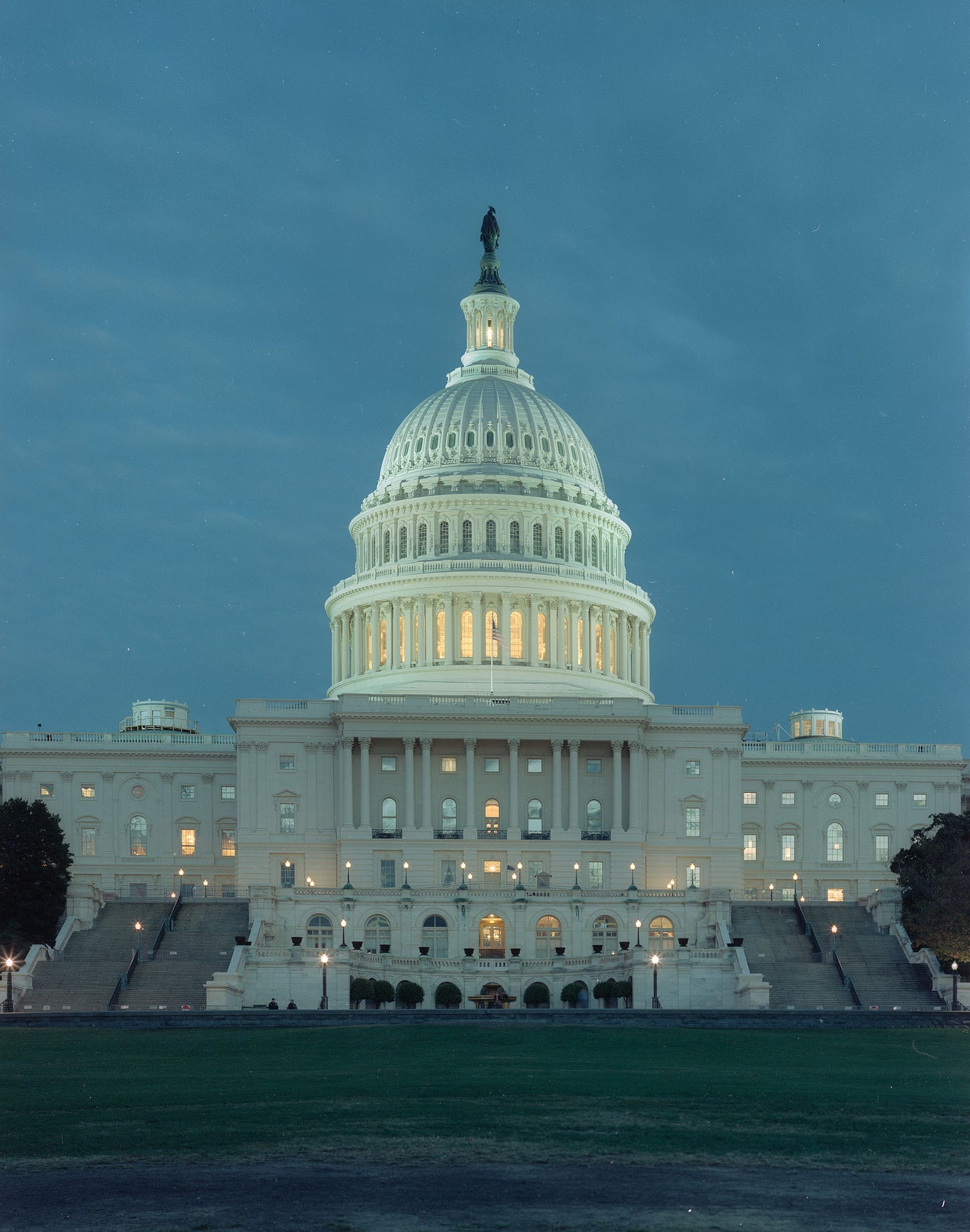Three Ideas About Fixing Our Freedom of Information Laws
These important laws don't function well in practice. We can do better.
Welcome to Second Rough Draft, a newsletter about journalism in our time, how it (often its business) is evolving, and the challenges it faces.
Our freedom of information (FOI) laws are among the best tools for enterprise journalism in this country; they have fueled a broad range of excellent stories. But much of the time, the laws don’t work—they may be admirable in their original design, but are deeply flawed in their administration.
As public policy emerges as a more significant concern for journalism generally, the Charles H. Revson Foundation, and its president, Julie Sandorf, asked me to take a close look at the FOI system in Revson’s (and my) home state of New York. Based on that research, Revson has released a paper on which this week’s newsletter draws quite heavily.
There are a number of particular points to be made about New York’s Freedom of Information Law (FOIL), but for Second Rough Draft’s national audience, I want to call attention to three issues of broad applicability, both at the federal level and in many if not all states.
Legislatures are not doing their jobs
In both Washington and state capitols, legislatures have not lived up to the obligations implicit in their often-lofty declarations and adoption of these laws. From the beginning, lawmakers generally exempted themselves from the laws’ provisions. Where FOI statutes largely establish a general principle of disclosure and then set out a number of exemptions from that principle, legislatures often turned disclosure of information about their own operations on its head, specifying particular information to be disclosed and exempting everything else.
Beyond this, and even more important in practice, legislatures have systematically underfunded compliance with freedom of information laws. Demand for disclosure has exceeded the commitment of public employees and other resources to supply it in literally every jurisdiction with which I am familiar.
We live with a series of second class laws
A big part of the explanation for the shortcoming in the FOI system is that philosophically— and again at both the federal and state levels— freedom of information statutes have come to be seen as a set of what we might call “inferior laws.”
Here’s what I mean by that: There is no question that a mandate of disclosure of government records will inevitably conflict with other legal principles. Among these are privacy (personal and medical), business confidences and trade secrets, and necessary secrecy in law enforcement. When laws conflict in this manner, as they often do, one of the primary responsibilities of the executive (and ultimately the courts) is to balance the competing laws and principles in the public interest.
However, in practice, and over many years, freedom of information laws have been widely interpreted, especially by political executives—the very officials the law is intended to help citizens oversee—to give way when other interests arise.
Some years ago, for example, I suggested to the nation’s first federal chief information officer that the President (then Obama) could issue an executive order directing that all federal FOI requests had to receive a response within the period mandated by law unless the agency was prepared to certify that national security would otherwise be at risk. His immediate response: we couldn’t possibly do that, largely because intellectual property and privacy rights would suffer. Even in the mind of a “chief information officer,” legal transparency rights, critical to self-government, were just not as important as other considerations.
The single most important reform in the realm of FOI, in my view, would be to philosophically strike this balance anew, to restore freedom of information to its rightful place as on a par with other critical rights in a democratic society.
We should use the Internet (!): A modest proposal on disclosure
There are lots of things that should be done to reform FOI law and practice. But one of the most effective would, I think, be among the simplest. It hasn’t been undertaken because these laws, mostly enacted in the mid-Twentieth Century, have not adapted to the world in which we live now.
We could bring FOI into the Twenty-first Century, again both federally and in the states, by requiring that any document or other item (such as a dataset) released in whole or in part to any requester be publicly posted online.
This is hardly the radical idea it might at first seem. The laws are clear that any document releasable to anyone is releasable to everyone. No consideration in fulfilling FOI requests is generally given, or should be given, to anything concerning the requester. The press, for instance, basically has no special FOI rights with respect to release (they may with respect to the waiver of fees). Many (perhaps most) requests are made for commercial reasons, including by competitors.
The legal issue is always, in some sense, the same: Does the statute mandate the item’s release? (It is also noteworthy that current freedom of information practice with respect to the executive branch does not at all align with access to court records: court records made public are placed on a public docket, available to anyone, and in most courts today, retrievable online.)
Making all released items public would reduce duplicative requests, and thus perhaps actually reduce the resources necessary to process them. It could also decrease the costs of fulfilling requests by reducing the need for copying and mailing. There is no question that the statutory goal of enhancing accountability would be served. The costs of posting items online would not be large (particularly given that almost all agencies have already been established online “reading rooms” for materials already public). This reform, nationally and in most states, could be accomplished by executive order, although making it permanent would require legislative action.
It makes sense for those of us in publishing to be taking public policy more seriously these days for a host of reasons— ranging from possible regulation of social media to using antitrust to address advertising oligopoly to developing an approach to AI and intellectual property to, of course, possible tax subsidies to ease the business crisis. I hope, at the same time, that more attention will also be paid to ways that smarter policies could promote more and more effective reporting. Reforming our outdated freedom of information regime should be a significant part of that effort.





Agree absolutely that we should work to " restore freedom of information to its rightful place as on a par with other critical rights in a democratic society. " The practical idea of putting all documents, once released, on line is a great one. Proof of concept there would be Document Cloud, now 15 years old, created by Scott Klein and Eric Umansky from ProPublica and Aron Pilhofer of the New York Times and funded by Knight Foundation. Once journalists get them, they put the documents on line. But I like the idea if the government doing it. Feels like a step in the right direction. Even better would be a 21st Century reorganization that requires almost all public information to be online the second it enters a government computer. Given where we are now, that may take a while.